Ballet to biology to tech trailblazer: Pivoting into tech with Teena Glassick

The signs of a growing tech industry are all around us, and for many women, a career-pivot in technology is an exciting pursuit – though one that may require some encouragement.
The tech sector is now the seventh largest employing sector in Australia, employing 861,000 people according to the Tech Council of Australia. With more opportunities becoming accessible for people to work in this lucrative industry, we are seeing more women entering the tech sector as a mid-career transition, like Teena Glassick.
Like many tech leaders we connect with, Teena Glassick’s journey into the world of technology wasn’t a straight path right after high school. It took some interesting twists and turns. Initially, Teena pursued her passion for dance starting a Bachelor of Arts in Dance at the Victorian College of Arts in Melbourne. However, her path took a different direction when she decided to pursue a Bachelor of Applied Science in Microbiology and Biochemistry. After completing her research-focused honours year, Teena spent five years exploring various research roles before she took the bold move to enrol in a Graduate Diploma in Informational Technology. Today, Teena is a Senior Director of Product Engineering and Operations at Skedulo.
In this Q&A, we get to know Teena’s fascinating journey into tech, the challenges she’s overcome, advice to people pondering a career pivot into the industry and where to get started!
To kick things off, what did 5-year-old Teena want to be when she grew up?
Either an author or a ballerina. I absolutely loved writing stories from quite a young age, with my most famous piece being a story called “The Storm”, which I wrote in Year 2 and got a special Principal’s award for!
Tell us a little bit about how you ended up in your current role??
I discovered Skedulo through the Tech Girls Are Superheroes program. I had been a mentor for the program and joined the winning teams as an ambassador on their trip to Silicon Valley in 2018. Skedulo was one of the companies we visited. I met our CEO Matt Fairhurst and some other members of the team. I was very inspired by their product and leadership team and after that trip I just kept them on my radar. Then, in 2021, a recruiter contacted me about an opportunity at Skedulo, to help support their high capacity vaccination booking product and I was really excited by the role and joined the team.
After your first career pivot from dance to biology, what motivated you to pivot from academia into tech? How did you evaluate the potential risks and rewards of the transition?
To have a career in academia, you really need to do a PhD. I had enrolled in a PhD and even had a supervisor and scholarship ready to go and I got cold feet just before I was due to start! I was just not sure that was the right pathway for me and to be honest, whilst I enjoyed the learning and the research, I did not enjoy the lab work and was not sure if I was ready to commit.
At the time, I was quite interested in the field of Bioinformatics and decided to do an IT postgraduate degree as a possible pathway into that field. I really enjoyed my study and in particular I really liked my software development subjects and decided to pursue a career as a Software Developer. The advice I gave myself and give to my young adult daughters is to just try things out until you find the thing that ‘fits’ and that you enjoy.
How did your experience in academia lend itself to a career in tech? Were there transferable skills that you took through with you?
I think there are many skills and capabilities that are transferable across professions. For me specifically, my main callouts in the transition from life sciences to IT are research skills and applying the scientific method (which is the systematic way of exploring observations and answering questions) to software development practices and processes.
How did you prepare yourself for this transition? Were there any specific resources, mentors, or networks that supported you during your career pivots? How did they contribute to your success?
When thinking about a career pivot, I try to do some personal learning and research about specific roles and pathways into those roles. I have been very fortunate in my career to have had a couple of great managers who have believed in me more than I believed in myself and have encouraged me and supported my career growth and changes I’ve made along the way. I don’t have the highest self esteem so having people who want to ‘lift me up’ has been crucial for me.
When I first started my IT degree, my husband was also incredibly supportive. He had a strong background in computer science and maths and he firmly believed in my abilities to make the change and kept being my cheerleader while I was trying to balance full time work and part time study.
How did you manage to juggle a career pivot, while raising two children and working your way up into leadership positions?
Balancing a career and young children is the most challenging thing I’ve ever done! My daughters are my world and I went through periods of immense guilt when they were very young. I wanted to spend all my time with them, but I also did not want to give up or pause (for too long) a career that I had invested so heavily in.
The key to my survival and success was a flexible and supportive workplace and managers. When I first transitioned from an individual contributor role into a management role, I actually did this in a job share capacity with a colleague who also had young children and we were both working part time. This is fairly unheard of and was a very progressive decision from the company I worked for. My colleague and I found really effective ways of sharing an engineering management role with a shared inbox (this was pre-Slack!!), effective splitting of our responsibilities and ensuring that we had full coverage for any issues and escalations. We worked together in this way for a number of years and formed a great partnership. I think the company benefited from this decision and so did we.
Were there challenges and opportunities you encountered during this transition that you perhaps didn’t expect?
The biggest challenge I had when transitioning from an individual contributor role to a leadership role, was needing to become a manager to people who had previously been my peers (and friends). I think I lacked empathy as an IC about the challenges of leadership, thinking it was going to be a lot easier than it was. I did not fully appreciate that leadership is a distinct craft in itself and that I needed to develop and mature a whole new set of skills and capabilities to be successful, and I definitely made some mistakes (and still do) along the way.
What would you say to someone wondering if it’s ‘too late’ to make a change and pivot?
I don’t think it is ever too late to make a career pivot. We spend so much of our lives working and I am so grateful that I am in a role that I am passionate about and genuinely enjoy.
If you had to do it all again, what would you do differently? What would you tell younger Teena?
I think I would probably just be a bit kinder to myself especially during those early years of balancing being a mum and maintaining a career. I tried (in vain) to be ‘perfect’ in both roles and just felt constant guilt on both sides – either I was not being a good enough Mum or I was not being a good enough employee. What I would tell women trying to do ‘the balance’ is that it does get easier over time and there will be times when the balance tips in one direction and that’s okay. What I would tell organisations is that flexibility and supportive leadership is so very important for parents and other people in caregiving roles who are doing a balancing act. I was so thankful for the support I received that I think I gave back more than was expected, learned to become very outcomes focused through ruthless prioritisation and developed a fierce loyalty for my company and my team in return.
If you could name two things that someone needs to successfully pivot into a career in tech, what would they be?
Start with the fundamentals – technology is a craft and you need to learn the key skills and capabilities of your chosen discipline. This could be through self learning or more formal education, but you will need to learn and that will take time, so be patient.
I would also encourage people to build a network or seek out people / meetup groups related to your area of interest. There is so much available that you will be spoilt for choice and you will gain immense benefit from having that network and hearing the ‘real life’ experiences that you won’t learn from your studies.
What advice do you have for women in tech that are wanting to progress in their career and move into a more strategic, people management role?
I would seek out opportunities to ‘dip your toe in the water’ of leadership as a good first step. This could be through an interim role or just identifying a gap that needs to be filled and putting yourself forward. As an example (in the software development space), this could be through taking on a team lead type role where you can combine your IC skills with some leadership responsibilities.
And just for fun… What is a podcast or book you are loving right now?
I am reading a great book right now called “Demon Copperhead” by Barbara Kingsolver. It is a story of poverty and addiction in the American South and inspired by the Charles Dickens novel “David Copperfield”.
I have also been listening to this really interesting podcast called “Sounds Like a Cult” which explores modern day cult culture.
Does your car have a name? If yes, what is it? If not, what name might you give it?
It does not – if it did I’d probably call it Bullet – fast and silver.
If you could magically pivot into a new career tomorrow (no upskill required), what would it be?
Probably medicine – I’ve always found human physiology completely fascinating.
What do you think your superpower is?
Being genuine and humanistic is a leadership superpower. (I also wear my feelings all over my face, so I have no choice because people can often read me like a book!)
Keep an eye on our blog for more Women in Digital Member Spotlights and don’t forget to follow us on LinkedIn, Facebook and Instagram.
Want to join our thriving community of digital-loving, career-driven, diversity-championing humans and get access to exclusive members-only opportunities? Join the Women in Digital Membership today! Click here to learn more.

